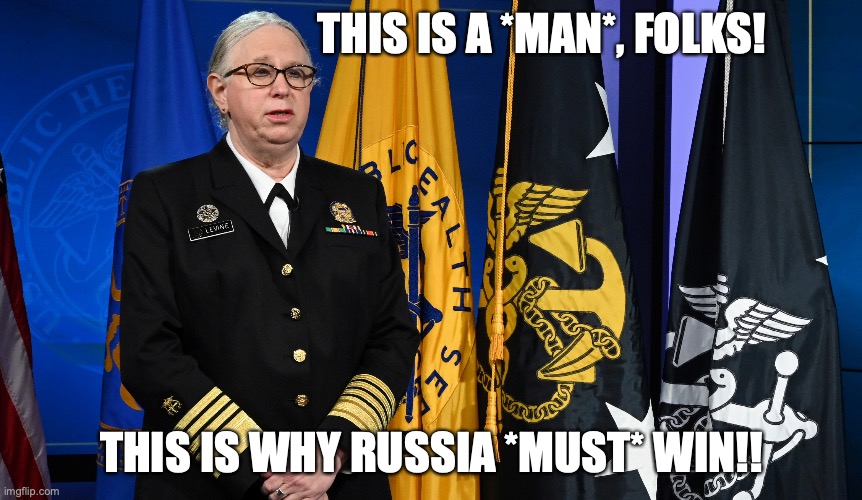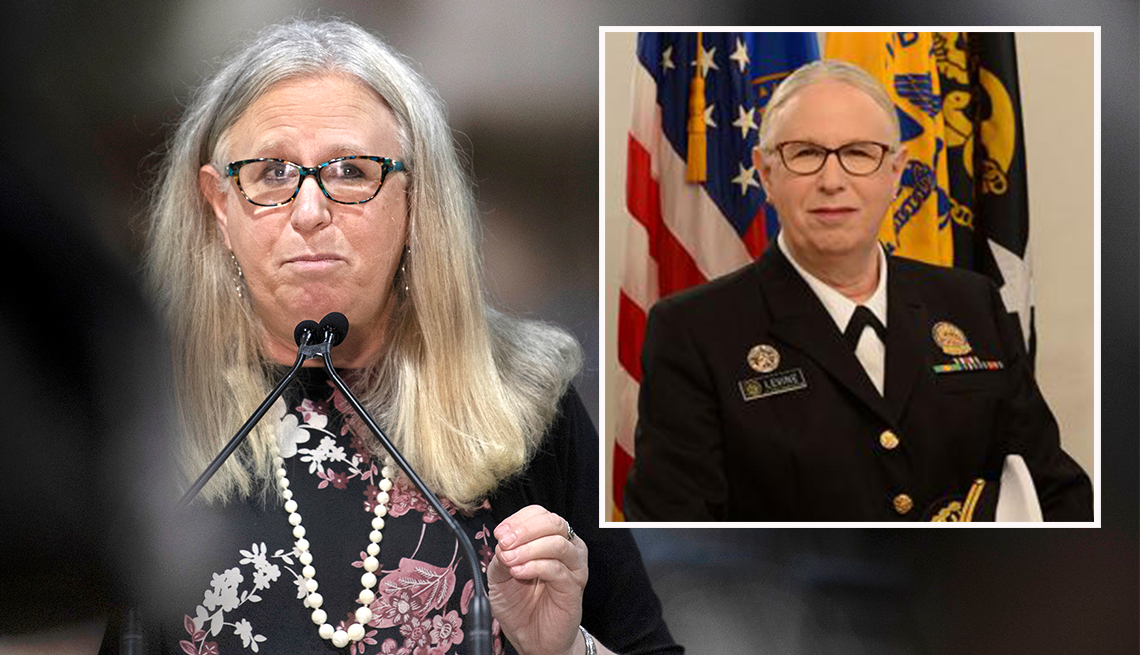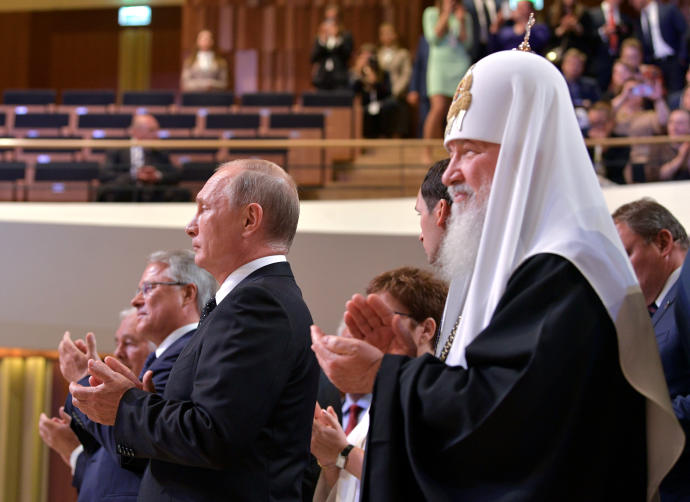The statements, views and opinions expressed in this column are solely those of the author and do not necessarily represent those of this site. This site does not give financial, investment or medical advice.
The Jerusalem Post reran a piece that originally ran on The Conversation and Reuters, entitled “Why is Russia’s church backing Putin’s war?” Its author, Dr. Scott Kenworthy, a professor of Comparative Religion at Miami University, gets a whole lot right in this piece, and for that reason we are reprinting it in full below. After Dr. Kenworthy’s piece, we offer some additional comment based on “on the ground” experience in Russia, and with the Orthodox Church as it operates here.
Why is Russia’s church backing Putin’s war?
Opinion by Scott Kenworthy: Church-state history gives a clue
Since Russia’s invasion of Ukraine, the leader of the Russian Orthodox Church has defended Russia’s actions and blamed the conflict on the West.
Patriarch Kirill’s support for the invasion of a country where millions of people belong to his own church has led critics to conclude that Orthodox leadership has become little more than an arm of the state – and that this is the role it usually plays.
The reality is much more complicated. The relationship between Russian church and state has undergone profound historical transformations, not least in the past century – a focus of my work as a scholar of Eastern Orthodoxy. The Church’s current support for the Kremlin is not inevitable or predestined, but a deliberate decision that needs to be understood.
Soviet shifts
For centuries, leaders in Byzantium and Russia prized the idea of church and state working harmoniously together in “symphony” – unlike their more competitive relationships in some Western countries.
In the early 1700s, however, Czar Peter the Great instituted reforms for greater control of the Church – part of his attempts to make Russia more like Protestant Europe.
Churchmen grew to resent the state’s interference. They did not defend the monarchy in its final hour during the February Revolution of 1917, hoping it would lead to a “free Church in a free state.”
The Bolsheviks who seized power, however, embraced a militant atheism that sought to secularize society completely. They regarded the Church as a threat because of its ties to the old regime. Attacks on the Church proceeded from legal measures like confiscating property to executing clergy suspected of supporting the counterrevolution.
Patriarch Tikhon, head of the Church during the Revolution, criticized Bolshevik assaults on the Church, but his successor, Metropolitan Bishop Sergey, made a declaration of loyalty to the Soviet Union in 1927. Persecution of religion only intensified, however, with repression reaching a peak during the Great Terror of 1937-1938, when tens of thousands of clergy and ordinary believers were simply executed or sent to the Gulag. By the end of the 1930s, the Russian Orthodox Church had nearly been destroyed.
The Nazi invasion brought a dramatic reversal. Josef Stalin needed popular support to defeat Germany and allowed churches to reopen. But his successor, Nikita Khrushchev, reinvigorated the anti-religious campaign at the end of the 1950s, and for the rest of the Soviet period, the Church was tightly controlled and marginalized.
Kirill’s campaigns
The dissolution of the Soviet Union brought yet another complete reversal. The Church was suddenly free, yet facing enormous challenges after decades of suppression. With the collapse of Soviet ideology, Russian society seemed set adrift. Church leaders sought to reclaim it, but faced stiff competition from new forces, especially Western consumer culture and American evangelical missionaries.
The first post-Soviet head of the Church, Patriarch Aleksy II, maintained his distance from politicians. Initially, they were not very responsive to the Church’s goals – including Vladimir Putin in his first two terms between 2000 and 2008. Yet in more recent years, the president has embraced Russian Orthodoxy as a cornerstone of post-Soviet identity, and relations between Church and State leadership have changed significantly since Kirill became patriarch in 2009. He quickly succeeded in securing the return of Church property from the state, religious instruction in public schools and military chaplains in the armed forces.
Russian President Putin and Patriarch Kirill applaud during the inaugural ceremony of Moscow Mayor Sergei Sobyanin at the Zaryadye Concert Hall in Moscow (Credit: REUTERS)
Kirill has also promoted an influential critique of Western liberalism, consumerism and individualism, contrasted with Russian “traditional values.” This idea argues that human rights are not universal, but a product of Western culture, especially when extended to LGBTQ people. The patriarch also helped develop the idea of the “Russian world”: a soft power ideology that promotes Russian civilization, ties to Russian-speakers around the world, and greater Russian influence on Ukraine and Belarus.
Although 70%-75% of Russians consider themselves Orthodox, only a small percentage are active in church life. Kirill has sought to “re-church” society by asserting that Russian Orthodoxy is central to Russian identity, patriotism and cohesion – and a strong Russian state. He has also created a highly centralized Church bureaucracy that mirrors Putin’s and stifles dissenting voices.
Growing closer
A key turning point came in 2011-2012, starting with massive protests against electoral fraud and Putin’s decision to run for a third term.
Kirill initially called for the government to dialogue with protesters, but later offered unqualified support for Putin and referred to stability and prosperity during his first two terms as a “miracle of God,” in contrast to the tumultuous 1990s.
In 2012, Pussy Riot, a feminist punk group, staged a protest in a Moscow cathedral to criticize Kirill’s support for Putin – yet the episode actually pushed Church and State closer together. Putin portrayed Pussy Riot and the opposition as aligned with decadent Western values, and himself as the defender of Russian morality, including Orthodoxy. A 2013 law banning dissemination of gay “propaganda” to minors, which was supported by the church, was part of this campaign to marginalize dissent.
Putin successfully won reelection, and Kirill’s ideology has been linked to Putin’s ever since.
Russia’s annexation of Crimea and the eruption of conflict in the Donbas in 2014 also had an enormous impact on the Russian Orthodox Church.
Ukraine’s Orthodox churches remained under the Moscow Patriarchate’s authority after the collapse of the Soviet Union. Indeed, about 30% of the Russian Orthodox Church’s parishes were actually in Ukraine.
The conflict in Crimea and eastern Ukraine, however, intensified Ukrainians’ calls for an independent Orthodox church. Patriarch Bartholomew, the spiritual head of Orthodox Christianity, granted that independence in 2019. Moscow not only refused to recognize the new church, but also severed relations with Constantinople, threatening a broader schism.
Orthodox Christians in Ukraine were divided over which church to follow, deepening Russia’s cultural anxieties about “losing” Ukraine to the West.
High-stakes gamble
Kirill’s close alliance with the Putin regime has had some clear payoffs. Orthodoxy has become one of the central pillars of Putin’s image of national identity. Moreover, the “culture wars” discourse of “traditional values” has attracted international supporters, including conservative evangelicals in the United States.
But Kirill does not represent the entirety of the Russian Orthodox Church any more than Putin represents the entirety of Russia. The patriarch’s positions have alienated some of his own flock, and his support for the invasion of Ukraine will likely split some of his support abroad. Christian leaders around the world are calling upon Kirill to pressure the government to stop the war.
The patriarch has alienated the Ukrainian flock that remained loyal to the Moscow Patriarchate. Leaders of that church have condemned Russia’s attack and appealed to Kirill to intervene with Putin.
A broader rift is clearly brewing: A number of Ukrainian Orthodox bishops have already stopped commemorating Kirill during their services. If Kirill supported Russia’s actions as a way to preserve the unity of the Church, the opposite outcome seems likely.
Scott Kenworthy is a professor of Comparative Religion at Miami University.
Overall, this is an excellent historical roundup of the life of the Russian Orthodox Church through its history, especially that part of history which concerns us so much – the Soviet period up until now.
There are several points that I would like to add and comment on as well. The ending part of this piece has a few issues lacking that deserve some attention.
- Dr. Kenworthy attributes the creation of an independent Ukrainian Church by Patriarch Bartholomew somewhat incorrectly. First, it is a bit presumptive to consider Patriarch Bartholomew the “spiritual head of Orthodox Christianity.” In fact this is grossly incorrect. He is certainly the “first among equals” but “spiritual head indicates some sort of jurisdiction over the whole Orthodox Church, much as the Pope in Rome has jurisdiction over the entirety of the Roman Catholic Church. This is simply untrue. The “first among equals status” is mostly honorary, though the traditional application of this status has been used in the Church’s history for differing ideas to be settled. Before the Great Schism of 1054, this often happened with conflicting bishops bringing their issues before the Pope to see what he thought of the argument du jour. However, there never was a totally accepted notion that the Bishop of Rome could exert power over any See outside his own until after the Schism of 1054, when the whole Western Patriarchate sundered relations with the other four ancient Christian Sees, who were all in the East: Constantinople, Antioch, Alexandria and Jerusalem.
- Patriarch Bartholomew’s creation of the “Orthodox Church of Ukraine” (OCU) is dubious at best – while he certainly did do this, he did it by fiat, rather abruptly restoring two schismatic church structures and their leaders from a state of “anathema” imposed on them by Moscow. This happened without those leaders repenting of the positions that got them expelled from the Moscow Patriarchate in the first place. While debate rages about the veracity of this, there is more, for the Ukrainian church structure often was seen to channel not a new avenue to practice Christianity, but rather the church as a symbol of a Ukrainian society that was severely nationalist, even to the point of embracing Nazi sympathizer Stephan Bandera as a hero. One member of this new Church structure was reported to have said, “We don’t need the Russian God. We have our own God.” Such a statement is not about Christianity at all, and further indications are that the OCU is to be a vehicle of gradually importing Western liberal cultural ideas into a very traditional culture by using the Church, and the faithful’s trust in it as a conduit.
- The “culture wars” discourse is not a mere prop in Russia. I am married to a Russian woman, and for her the notion of men being men and women being women without such things as gender dysphoria validation is very strong. LGBT stuff is roundly despised in Russia by many people, usually living outside the big cities, but even in large cities like Moscow and St Petersburg, this sort of lifestyle is not warmly accepted. “Tolerance” is more like it, but this only so long as the people involved in this lifestyle keep it on the downlow. “We don’t want to know about it” is probably a good reflection of the attitude. For this reason, President Putin struck a clear chord when he outlined his reasons for the “special military operation” in Ukraine when he stated: “Properly speaking, the attempts to use us in their own interests never ceased until quite recently: they sought to destroy our traditional values and force on us their false values that would erode us, our people from within, the attitudes they have been aggressively imposing on their countries, attitudes that are directly leading to degradation and degeneration, because they are contrary to human nature. This is not going to happen. No one has ever succeeded in doing this, nor will they succeed now.“
With these comments one clear thread can be seen. The war, or “special military operation” is seen easily by more and more Russian people as a sad, but necessary action to protect Russia from the rapacious nature of Western craziness.
What the West doesn’t seem to get is that for Russian people this is serious, and not just a propaganda foil or prop. Being an American and living in the United States for most of my life until moving to Russia in 2015, it is easy to see why the West fails to understand.
Christianity in particular is severely marginalized in the West for a variety of reasons. Some are historical, such as the fact that the United States was never one single religion, though there were many ideas held in common across all of the mostly Christian denominations that have existed through the country’s history. Of late, though the slow splintering of Protestantism into more and more different “confessions” has increased in speed, with new “churches” appearing as soon as someone has an argument with someone else about faith.
Also, the United States’ fabulous financial wealth and prosperity has dulled many people’s souls into thinking that all is well because we have all we need, and that “he who dies with the most toys, wins.” It is a funny anecdote, but if we observe how we live, it is often more true than we want to admit.
The LGBT etc. efforts were very clever, playing on the one aspect common to a great many sects of Protestant religion and English culture – that showing good manners and being “nice” is what Christianity somehow actually is. Ontology was long ago replaced by morality, and morality is malleable. Now we have “churches” that bless gay marriage, and, they have a way to argue that this is actually the right thing to do!


Spin it out and one can see it becomes very difficult to find one’s true compass of what constitutes right and wrong, because Protestantism is “believe whatever you like and you are right” where Orthodox Christianity says “this is how things REALLY are, whether we like it or not.” In other words, Orthodox Christianity stands objective to us, as the Kingdom of God represented on earth and never changing.
This phenomenon is not restricted to Christianity. Judaism has likewise disintegrated in the United States (and across the world in many ways) as a truly God-seeking religious way of life. For many American Jews, it is just an identity, something to feel proud of but not something to be obedient to. And as one can see from the photos above, such attitudes lead to radical and catastrophic confusion and delusion. Just look at Richard Leland Levine, pictured above.
This is what America and the West thinks it has to offer to Russia.
To be sure, the Roman Catholic Church has some elements of this sort of objectivity going for it, and so do some of the older Protestant groups like some Baptist and Calvinist groups. However, the fact that these all exist as divisions makes it easy for secular minded people to call the whole shooting match irrelevant, and this was in fact how President Obama addressed his attitudes about people taking Christianity seriously: “Be a Christian but practice Christianity in your Church” (Don’t bring it into your life outside the house of worship you attend.)
And to use the vernacular, that ain’t it. The whole point of Christianity is to live it everywhere, no matter what doing that may bring us, even unto death.
So for many Americans, even religious ones, they find it difficult in their own fishbowl to believe that anyone else is actually able to take this so seriously as to base everything in their lives around it. And that is what many Russians actually do, even the non-religious ones. They are shaped by their faith and traditions surrounding it and those traditions have meaning that secular folks cannot easily grasp as more than fancy decorations. For the Russian, those traditions are life, faith, personhood exemplified and shown.
This is what President Putin pledged to protect in years past and it is what he is noting needs to be protected and is part of why this war is underway, to protect Russia from being pushed under the delusion of the fragmented and truly God-less, West.
The statements, views and opinions expressed in this column are solely those of the author and do not necessarily represent those of this site. This site does not give financial, investment or medical advice.





Mir 24 reports in Russian:
World 24
Fuel crisis in Europe. Farmers refuse to work, drivers go on strike. All because of rising prices for gasoline and diesel fuel. Goods disappear from stores because there is no one to bring them there.
Well said!